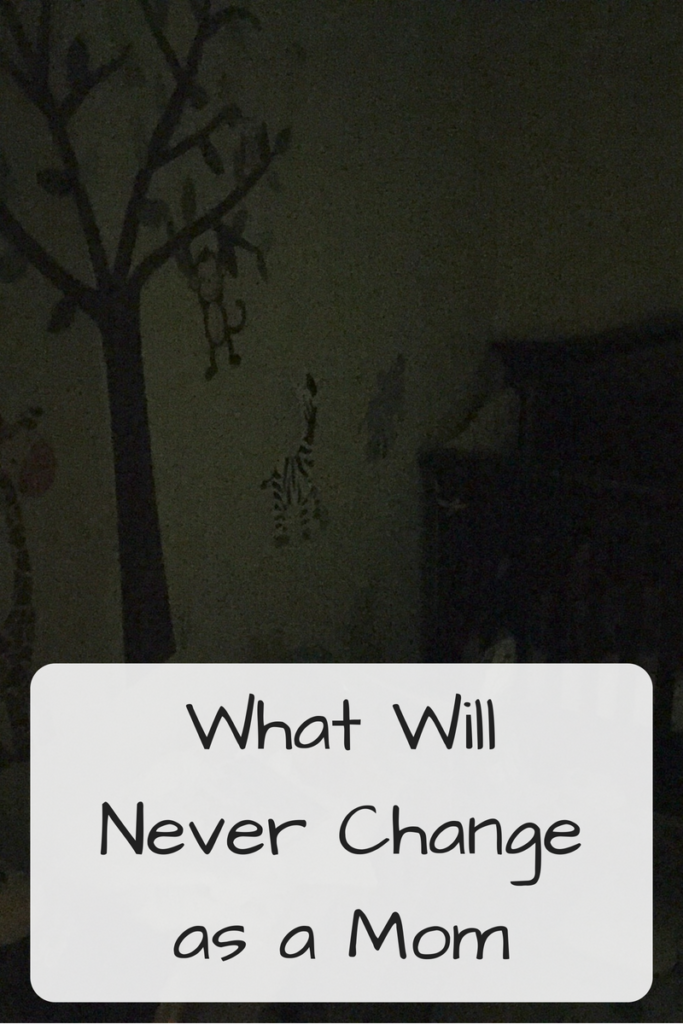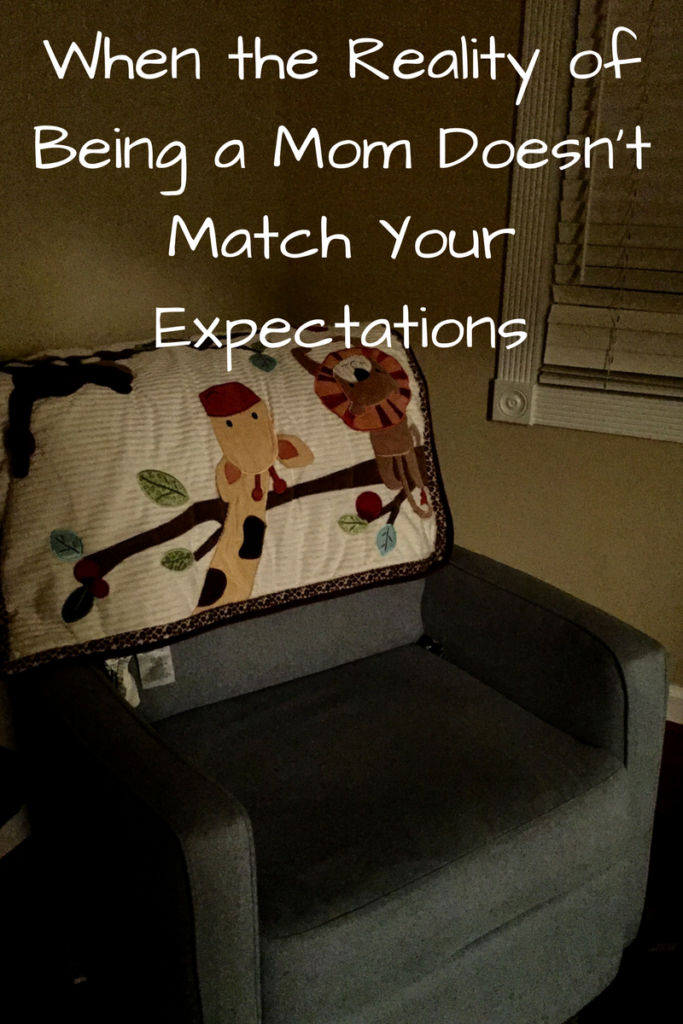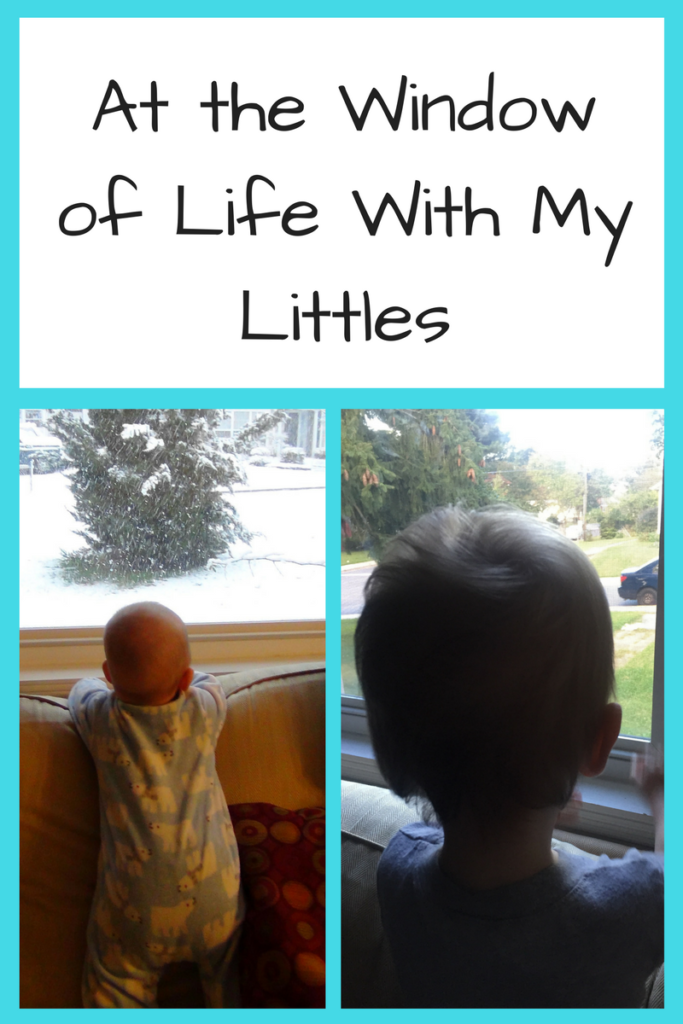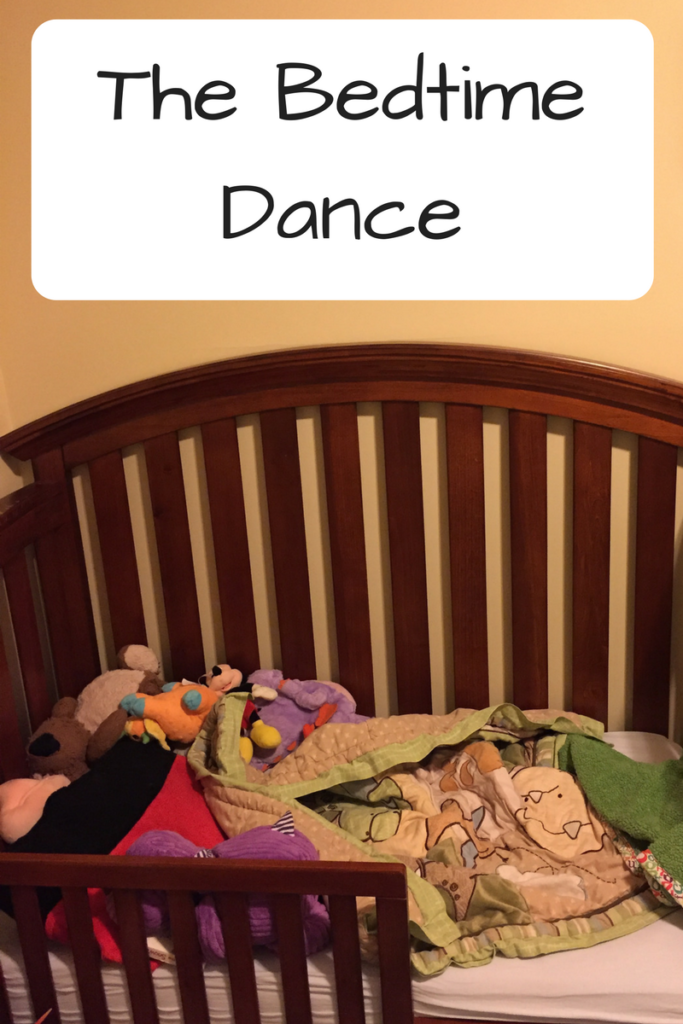Sleep has never come easily for my son. As a newborn, he wouldn’t sleep during the day unless he was held. The moment just before his body touched the crib, his eyes would flutter open and he’d start crying. (“Sleep when the baby sleeps,” my ass.) He was seven months old the first time he slept through the night and over a year by the time he did so consistently. And that was only after a couple of traumatic evenings for all involved. In toddlerhood, he often sings and talks to his animals for a full hour before drifting off. But lately, there’s been a significant shift for the worse.

None of this is particularly unexpected, considering my family history. Both Chris and I are night owls, as is my mom and his dad. I had night terrors as a kid, my mom had childhood nighttime seizures, and my dad sleepwalked until he was in his mid-20s. While it would be surprising if Sprout didn’t have any sleep issues, it doesn’t make them less exasperating.
In the last year, we thought we had made peace with his sleep schedule. Sure, he stayed up way past his 8:30 bedtime, but considering he wakes up past 7 pm and still takes naps, he got plenty of sleep. As he’s a bit of an introvert, it seemed like that time provided him the private, wind-down space he needed. It’s not like we had a way to force him to fall asleep anyway.
But in the last few weeks, our structure has gone to hell. The first thing to go was our bedtime routine. Normally, it goes: finish dinner, take bath, jump on our bed, get into PJs, read books, brush teeth, have a short conversation about the day, and say goodnight. Each part provides a balance between the boring bits (washing, brushing teeth) and the fun ones (jumping on our bed, reading).
While the routine has a lot of transitions, they only recently became an issue. Sprout has managed to found ways to extend and delay every one of them. From sitting in the tub long after the water has been drained to sprinting away every chance he gets, our bedtime routine has gone from 45 minutes to over an hour. Sometimes his delaying even starts before dinner, when he puts up a giant fuss about washing his hands. Shifting between activities has become increasingly difficult, but if we skip any of them – even allowing him to turn off the lights – there’s a melt-down as well.
The earlier the resistance starts, the more likely there is to be a snowball effect. Just when I think I’ve gotten him all chill, he remembers a grave injustice from 10 minutes earlier and gets upset all over again. All of my tricks from Happiest Toddler on the Block that used to work, like repeating what he’s upset about or promising it in fantasy, just piss him off more. There’s a constant sense of “What the hell is going to upset him this time and how do we deal with it?”
Tonight was a perfect example. Sprout was smiles and giggles until we wanted him to actually do his five jumps on the bed. (We would be fine with skipping them, but he would not.) We got to jump three when he randomly spit up some stomach crud. Chris turned our Green Bay Packers blanket over so that he didn’t jump in vomit, which meant the “Big G” was backwards. This was completely and utterly unacceptable to Sprout. He started crying and refused to jump. Both suggesting he’d do his final jump or skip jumps altogether elicited screams from him.
We finally carried him off the bed, where the angst continued on the changing table for several more minutes. I requested Chris intervene, hoping a change of scenery would help. It didn’t, although I avoided getting kicked hard in my pregnant belly while trying to put a diaper and pajamas on a flailing toddler. The rest of the evening alternated between him loudly expressing his displeasure, saying “I want a hug,” and sitting on my lap with his face in my shoulder. At 9 PM, I placed him in his crib, where I left after 10 minutes of urging him to lie down. Of course, this set off a new round of crying.
After running that obstacle course, all I want to do for the rest of the night is collapse on the couch. Lately, I’ve really wished that came with a glass of wine, but pregnancy has limited my indulgences to chocolate, ice cream, and decaf tea.
Previously, we were safe once he was calm in his crib. But now the resistance has extended far past his official bedtime. Recently, he’s taken to yelling “Mommy mommy mommy” from behind his closed door, sometimes for good reasons (like because he pooped) and sometimes for bad or pointless ones (like telling me “[Sprout] likes basketball” or asking me to tuck him in when he’s chosen to stand up). S
Sometimes it’s between the two. The other night, I went in after his “Mommy, mommy, mommy” suddenly became more intense. I found a bed full of ice cubes and the top to his water cup on the floor. “It’s broken,” he pointed out. I blinked, noticed that his toys were all at the other end of the bed, and asked, “Did you do this on purpose?” He responded, “No. Yes. Took top off and dumped all over.” At least he was honest!
If I was a stay-at-home mom, these bedtime issues would just be the crummy topping on the challenges of being home all day. But at least I would have the rest of the day – when he’s usually good-natured – to look back on.
Instead, this struggle becomes the majority of my weekday interactions with him. I have a fairly long commute, so I’m home at 6:15 PM at the earliest. That gives me maybe 45 minutes of playtime, dinner, and then the constant balancing act of bedtime. I don’t want to give in – and am often incapable of doing what he wants – but I hate both of us being miserable during what should be special time together.
So it just makes me feel like a crappy parent. Because of my commute, we can’t put him to bed earlier without sacrificing time together. Even though I honestly don’t think it’s over-tiredness, I still worry that it’s my fault somehow.
It’s especially frustrating because it reinforces all my worries about having a second kid. I guess it’s good that he’s still willing to stay in his crib and not climbing out, but it makes me even more concerned that he’ll start climbing out at the worst possible time. Furthermore, I’m already anxious about not having enough of my emotional energy to go around and then Sprout finds a way to drain it further. Because he was such a fussy sleeper, I worry that he’s going to wake up his brother and then his brother will start crying and then Sprout will start crying and then no one will ever get any sleep ever again.
I know like all things Kid, that this is a phase. I just really hope that it passes sooner rather than later.
Any suggestions for making bedtime go smoother?








